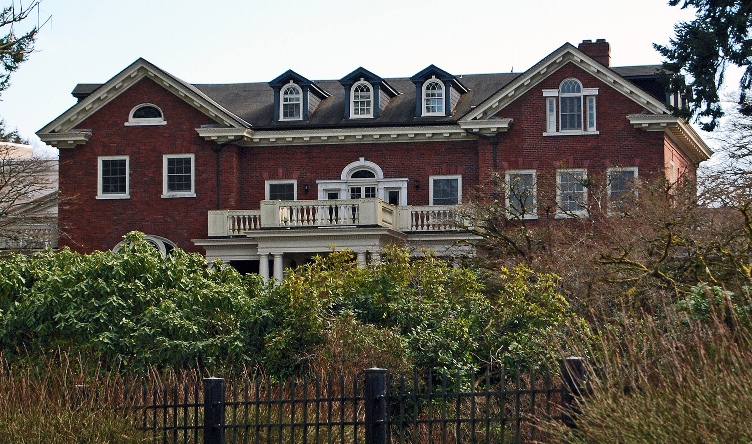A plan from the Spokane Tribe Of Indians to spend $400 million in order to build an off-reservation casino in western Washington has been approved by the state’s Democratic governor, Jay Inslee.
According to local media reports, the proposal to construct the venue on 145 acres of land in the city of Airway Heights received a two-part approval from the US Department Of Interior last summer despite protests from a group of area business leaders and lawmakers who worried that the project would be too close to the flight path of nearby Fairchild Air Force Base. Home to the 92nd Air Refueling Wing and the Air National Guard’s 141st Air Refueling Wing, the base is the largest employer in Spokane County with 5,700 jobs and an annual economic impact on the region in excess of $1 billion.
Another opponent to the new casino was the Kalispel Tribe Of Indians, which operates the Northern Quest Resort And Casino, less than three miles away from the proposed site for the new casino.
For his part, Inslee stated that he arrived at his decision following a year of legal reviews and discussions with multiple tribal governments, state and local authorities, federal officials, US Air Force leaders and business and community groups.
“This is not a simple situation with an easy, clear-cut answer,” said Inslee. “I wanted to be sure to fully understand all perspectives on this issue before making a decision. All sides have very compelling arguments in favor of and against this proposal. After much consideration, I decided that allowing the Spokane Tribe Of Indians to develop on its federally-recognized land was both fair and appropriate under the federal legal requirements.”
Inslee additionally declared that ‘substantial evidence’ demonstrated that the new casino would generate ‘significant economic benefit in the region’ by creating thousands of jobs during construction and operation and generate ‘millions of dollars in wages and state and local taxes’.
David Brown Eagle from the Spokane Tribe Of Indians told local television station KREM that the project would “help us out now” but would also serve as a benefit “for future generations”.
“They had that war back in 1858 so we can have today and everyday between then and now and every day from this time forward is our day,” said Brown Eagle.



